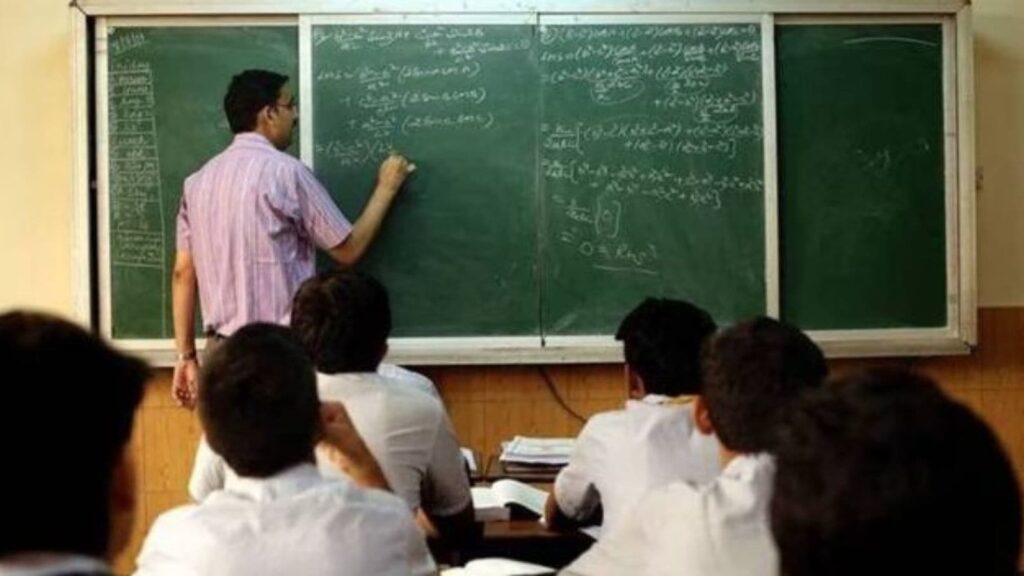The Karnataka Government’s proposal to introduce an Artificial Intelligence-driven facial recognition attendance system in schools has sparked a strong backlash from educationists, rights groups, and civil society organisations.
A coalition of 31 experts and organisations wrote to Chief Minister Siddaramaiah Monday, urging him to roll back the initiative, and instead strengthen community-based accountability in the education system.
The Department of School Education and Literacy has announced plans to link a mobile-based facial recognition system to the Students Achievement Tracking System (SATS) to monitor absenteeism, and track beneficiaries of government welfare schemes such as midday meals.
The scheme was piloted in a few schools and highlighted in the 2025-26 Karnataka Budget. However, its implementation has been delayed, and critics argue that it should not be launched at all.
Experts fear that capturing and storing children’s biometric data could expose them to serious risks, including surveillance, misuse, and trafficking. They pointed to past instances where data collected by the education department, such as SSLC examination results, was shared with private coaching centres for commercial purposes.
“If such sensitive facial data is harvested and misused, it can have unimaginable consequences, including falling into the hands of child traffickers and criminals,” said Niranjanaradhya V P, Convener, People’s Alliance for Fundamental Right to Education (PAFRE).
Concerns also centre on the misuse of technology for sexual exploitation. The joint statement highlights that advances in artificial intelligence have made it possible to morph children’s images into explicit content, fuelling a rise in sextortion cases worldwide. Activists argue that classrooms are not public spaces but protected environments where children should feel safe.
Story continues below this ad
“By introducing surveillance through facial recognition, we are creating vulnerabilities for children instead of protecting them. Schools must remain safe spaces, not zones of surveillance,” said Niranjanaradhya.
The statement also draws attention to wider risks in India’s “leaky data environment,” where CCTV footage and personal details are often misused or leaked. It notes high-profile cases of breaches in public security systems, including the Digi Yatra app, and instances of private videos being circulated from surveillance feeds. Critics argue that if even secure aviation systems face breaches, data collected from schoolchildren would be even harder to safeguard.
Internationally, several countries have restricted or banned the use of facial recognition technologies in educational settings. The UN Special Rapporteur on the Right to Education has also recommended a global prohibition on such surveillance in schools. Even China, one of the world’s leaders in AI surveillance, has moved to curb its use in classrooms.
Activists further cautioned that the push for facial recognition reflects a misplaced faith in technology-driven “quick fixes.” They argue that real accountability in schools can only come from empowering local communities, teachers, and parents.
Story continues below this ad
“The government already mandates School Development and Monitoring Committees in every school. If these are strengthened and supported, they can ensure far greater accountability than any surveillance tool ever could,” said Niranjanaradhya.
The joint statement also warned that deploying facial recognition in schools would put children’s privacy, dignity, and safety at risk while offering little real benefit. The signatories — including academics, child rights organisations, teachers’ unions, parents’ associations, and public health experts — have demanded that the government drop the plan altogether and introduce a policy banning facial recognition in education.

